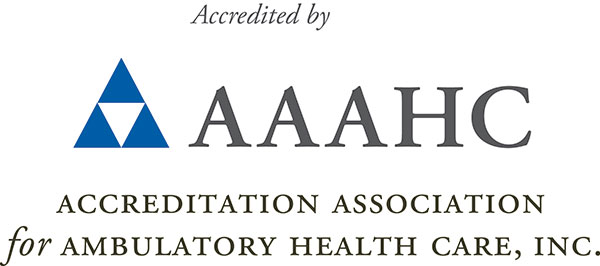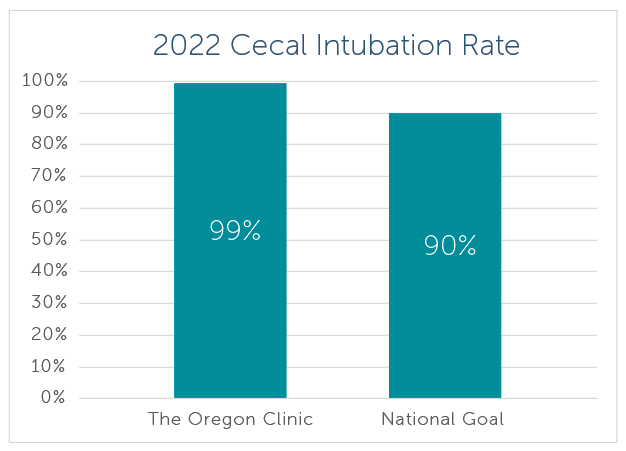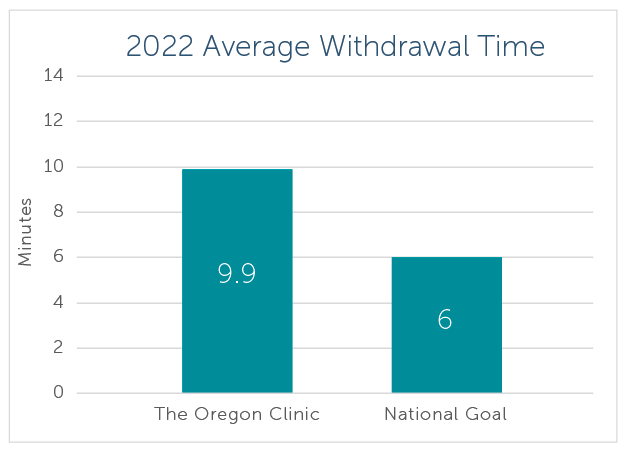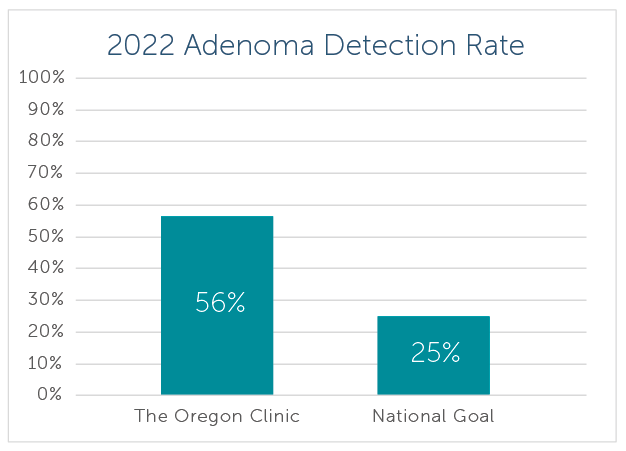Gastroenterology
The Oregon Clinic GI team is experienced in providing the highest quality gastrointestinal care, including advanced therapeutic and diagnostic procedures backed by the latest data and research.
- ABOUT US
- OUR TEAM
- CONDITIONS & RESOURCES
- OUR LOCATIONS
We are located right in your community, with a growing team of more than 70 physicians and advance practice practitioners who excel at what they do—everything from working to beat colon cancer to helping patients manage their Crohn’s & Colitis, to getting to the bottom of heartburn and other digestive related diseases.
Our doctors are specifically trained to care for diseases of the esophagus, stomach, liver, colon, intestines, and gallbladder, so you’ll get the peace of mind a specialist can offer.
Having a colonoscopy?
Understand Your Prep
Understand Your Procedure
Learn more about colonoscopy screening, what to expect, and how to prepare here.
Understand Your Insurance
Insurance can be challenging to understand. There are many different guidelines for colonoscopy and insurance benefits can vary. No one wants to have a surprise expense. Take a few minutes to learn the differences between a screening and diagnostic colonoscopy.
Ready to contact your insurance and need help with what to ask? Click here for an easy guide to use while discussing benefits with your health plan.
Understand Your Results
Your initial results and procedure note will be sent to your primary care physician within two business days. If pathology was taken, it will be sent out for processing by a GI Pathologist at Inform Diagnostics. When results are returned your physician will review and notify you of the results within 2-3 weeks.
Quality
The physicians at The Oregon Clinic Gastroenterology participate in GIQuIC, the GI Quality Improvement Consortium, a medical registry utilized by gastroenterologists in the United States.

Physicians contribute procedure data to GIQuIC which is then analyzed so adjustments can be made to allow us to continuously improve the quality of care we provide to our patients. The willingness to track and measure performance is a sign of your physician’s commitment to what is best for you, the patient. And participating in GIQuIC is demonstrated to improve patient outcomes. The data in this national registry is also used to advance research and develop guidelines for care across the field of gastroenterology.
GIQuIC is a powerful tool in the fight against colon cancer and we use it to look at a number of different measures to ensure our procedures are as thorough and effective as possible. Below are three measures we track against the national goals that have been set by the GI societies.

We are proud to be recognized by the Accreditation Association for Ambulatory Health Care. All of our sites have been awarded a three-year accreditation, the maximum given by AAAHC.
 CONDITIONS
CONDITIONS
- Anal fissure
- Autoimmune hepatitis
- Barrett’s esophagus
- Celiac disease
- Cirrhosis of the liver
- Clostridium difficile
- Collagenous colitis and lymphocytic colitis (microscopic colitis)
- Colon polyps and cancer
- Constipation
- Crohn’s disease
- Cyclic vomiting syndrome
- Diarrhea
- Diverticulosis and diverticulitis
- Eosinophilic esophagitis
- Fatty liver
- Fecal incontinence
- Fructose intolerance
- Functional or non-ulcer dyspepsia
- Gallstones and bile duct stones
- Gas in the digestive tract
- Gastritis
- Gastroesophageal reflux disease (GERD)
- Gastroparesis
- H. pylori and peptic ulcers
- Hemorrhoids
- Hemochromatosis
- Hepatitis A – E
- Hepatitis C
- Indigestion
- Inflammatory bowel disease (IBD)
- Intestinal pseudo-obstruction
- Irritable bowel syndrome (IBS)
- Lactose intolerance
- Nonalcoholic steatohepatitis
- Pancreatitis
- Peptic ulcers
- Prevention of colon polyps and cancer
- Primary biliary cirrhosis
- Primary sclerosing cholangitis
- Proctitis
- Rapid gastric emptying
- Rectal bleeding
- Ulcerative colitis
 PROCEDURES & TREATMENTS
PROCEDURES & TREATMENTS
- Anorectal manometry
- Capsule endoscopy
- Colonoscopy
- Endoscopic retrograde cholangiopancreatography (ERCP)
- Endoscopic ultrasound (EUS)
- Esophageal pH and manometry
- FibroScan
- Flexible sigmoidoscopy
- H. pylori (heliobacter pylori) breath test
- Hemorrhoid banding
- Infusion therapy
- Small intestinal bacteria overgrowth (SIBO) breath test
- Upper endoscopy

























































































